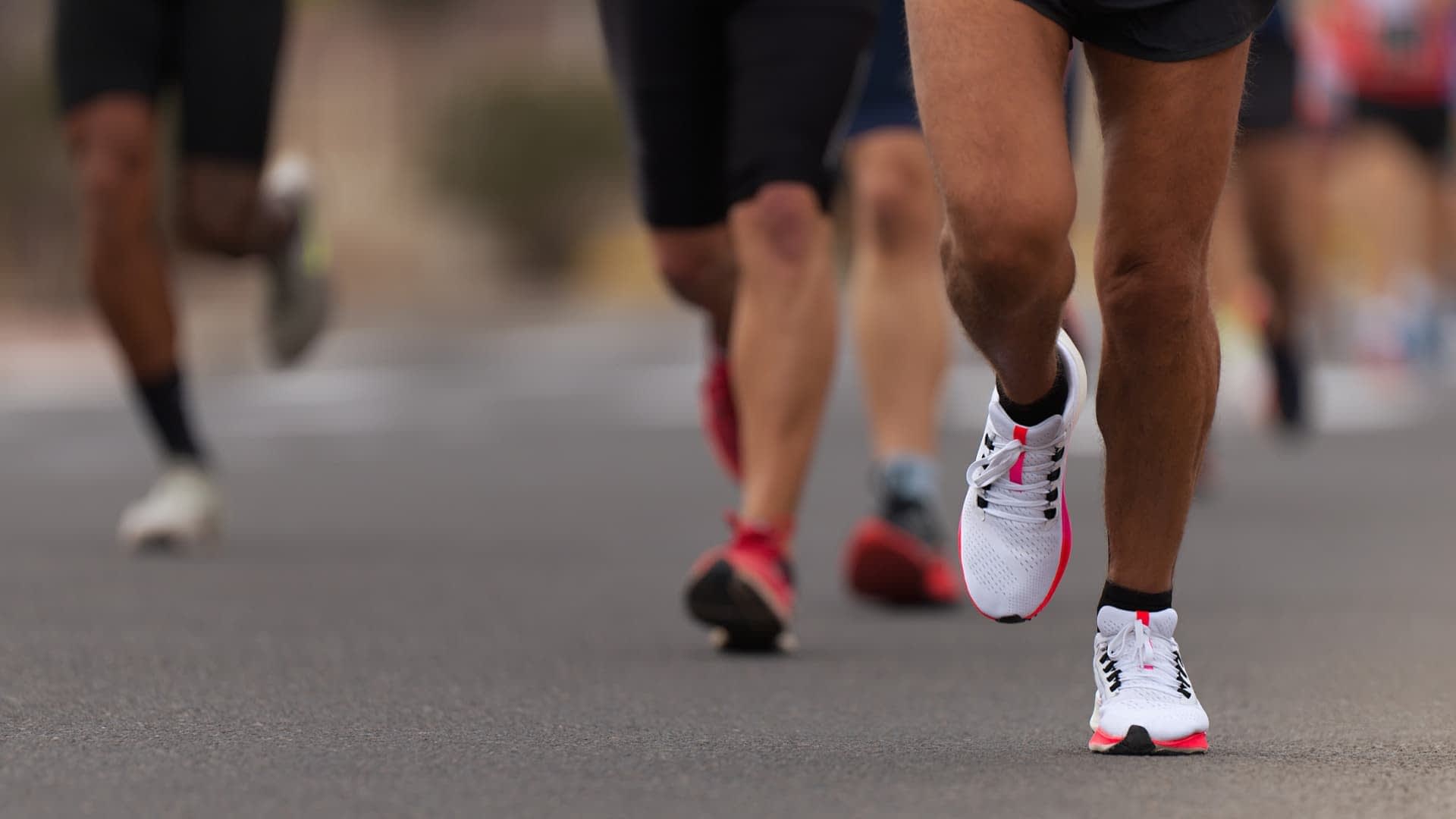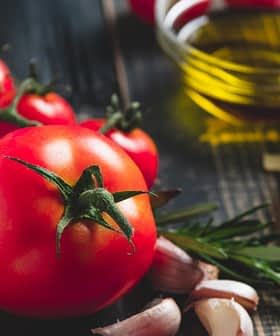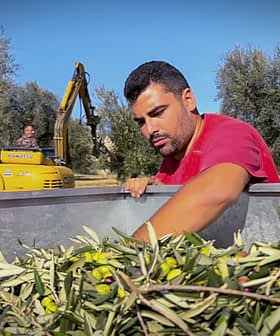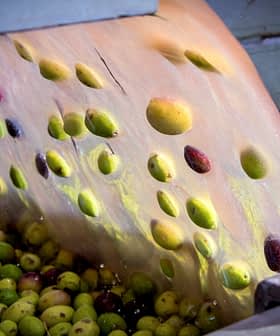 14.0K reads
14.0K readsHealth
Study Shows Benefits of Extra Virgin Olive Oil Supplementation in Male Athletes

A study conducted on male athletes aged 19 – 22 in Algeria found that extra virgin olive oil supplementation led to a significant increase in testosterone levels compared to non-supplemented athletes and sedentary controls. The study suggests that the antioxidants and monounsaturated fatty acids in olive oil may positively impact hormone balance and potentially improve the health and performance of athletes.
A study published by researchers in Algeria has demonstrated that extra virgin olive oil supplementation can improve the hormonal status of male athletes.
The research was conducted on healthy male athletes of ages 19 and 22 and found that extra virgin olive oil consumption was associated with a statistically significant increase in testosterone in the supplemented groups compared to athletes in the non-supplemented groups and sedentary controls.
Numerous studies have explored the influence of exercise on hormonal balance, with exercise being recognized as a significant regulator of hormonal secretion. Physical stress, contingent on factors such as the nature and intensity of the exercise and individual health, can impact the hypothalamus-pituitary-gonadal axis.
See Also:Health NewsSome research has found that exercise has minimal effects on semen quality, while others have reported reductions in sperm count and motility. The impact on serum testosterone levels can vary based on exercise intensity and duration. Athletes often use dietary supplements like omega‑3 fatty acids, polyphenols, antioxidants and vitamins to optimize performance.
The Mediterranean diet, rich in olive oil, is popular among athletes due to its potential health benefits. Virgin and extra virgin olive oils are distinguished by their monounsaturated fatty acids and phytochemicals such as polyphenols, squalene and alpha-tocopherol.
The study, published in the African Journal of Food, Agriculture, Nutrition and Development, focused on the impact of virgin olive oil from Blanquette olives, which comprise a significant portion of eastern Algeria’s crop.
The variety is abundant in unsaturated fatty acids, including oleic and linoleic acids, and complies with the International Olive Council’s quality standards.
The oil is also rich in phenolic compounds and carotenoids, making it a potent source of antioxidants. Additionally, it exhibits high inhibition percentages for the DPPH radical and hydrogen peroxide, indicating its potent antioxidant properties.
The study group consisted of 30 healthy male athletes aged 19 and 22, all free from cardiovascular risk factors. They were divided into three groups, with distinct regimens over ten weeks.
Group 1 received 20 milliliters of virgin olive oil daily without specific training. Group 2 underwent training routines five days a week and received the same olive oil supplementation. Group 3 followed the same training routine but was not supplemented with olive oil.
The olive oil supplement was well-tolerated, with no adverse effects reported by the participants. Training for the two groups of runners involved a 10-week program with aerobic and interval exercises.
The intensity and duration of training increased gradually during the program. Untrained runners in Group 3 exercised less than two hours per week, reflecting the general exercise recommendations. The running duration varied among groups, with a median of 2 hours and 11 minutes to complete the half-marathon.
Blood samples were collected at various time points throughout the study, with fasting samples taken before and after the 10-week training program and two days before and 24 hours after the half-marathon race. The samples were analyzed for testosterone, luteinizing hormone, follicle-stimulating hormone, cortisol and insulin.
Testosterone and luteinizing hormone levels were notably lower in Group 3, the unsupplemented runners, while cortisol increased significantly in this group after the 10-week training.
See Also:Drinking Olive Fruit Water Can Aid Exercise Efficiency, Research SuggestsAdditionally, luteinizing hormone concentrations decreased in unsupplemented runners compared to Group 2 and sedentary controls. Other hormones, including follicle-stimulating hormone and insulin, exhibited no significant differences among the three groups.
The effects of exercise on male reproductive function are multifaceted, influenced by exercise intensity and duration and individual fitness levels.
The results indicated that the unsupplemented runners (Group 3) experienced reduced testosterone and luteinizing hormone levels. It is known that these hormones decrease during intense exercise, and this can impact male reproductive function.
The group supplemented with virgin olive oil (Group 2) showed the highest levels of testosterone and luteinizing hormone, signifying the potential benefits of olive oil supplementation in enhancing these hormones. The impact could be attributed to the oil’s rich composition of tocopherols and other antioxidants.
Olive oil may stimulate testosterone production through various mechanisms, such as affecting cholesterol metabolism, steroidogenic proteins or the pituitary-testicular axis.
Notably, vitamin E, abundant in olive oil, also plays a role in testosterone production and testicular function.
Furthermore, some fatty acids and polyphenols in plants have been shown to prevent the conversion of testosterone into dihydrotestosterone, adding to the complexity of how olive oil influences hormone balance.
Cortisol, a primary stress hormone, increases with exercise intensity and duration. In the study, the unsupplemented runners showed significantly higher cortisol levels after the 10-week training, but all values remained within the reference range.
Cortisol and testosterone represent the balance between catabolic and anabolic processes. The supplementation of virgin olive oil was associated with reduced cortisol levels, indicating a potential stress-reduction effect. Improving this balance can also be beneficial for maintaining or restoring fertility.
These findings suggest that olive oil can play a significant role in enhancing the health and performance of athletes and highlight the potential nutritional and therapeutic advantages of incorporating olive oil, a staple of the Mediterranean diet, into the diets of physically active individuals.
The wealth of antioxidants and monounsaturated fatty acids in extra virgin olive oil may contribute to improved hormonal status in physically active individuals.









